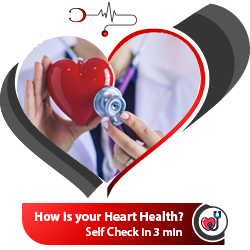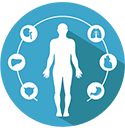UTI Symptoms, Diagnosis, Treatment
UTI (Urinary Tract Infection) - Symptoms, Diagnosis, and Treatment Urinary tract infections (UTIs) are bacterial infections that affect the kidneys, urinary bladder, and ureters. These are one of the most common infections which require a doctor visit every year. UTI is divided into – Upper UTI, which covers the kidneys and ureters Lower UTI, which includes the bladder and urethra

Women are at a higher risk of developing UTI as compared to men. Every 1 in 2 women has the risk to develop UTI in her lifespan, with many women having recurrent infections. Causes Most UTIs occur due to infection with the bacterium E. coli, present in the digestive tract. Chlamydia and mycoplasma are known to infect the only urethra. Infection in different organs is named differently. Kidney infection – pyelonephritis Bladder infection – cystitis Urethra infection – urethritis Symptoms Strong and frequent urge of urination A burning sensation while you pee Cloudy, bloody, or strong-smelling urine Muscle aches and pain in the lower abdomen Fatigue Fever or chills Diagnosis If symptoms of UTI are observed, the doctor asks for urine tests to be done. If the urine sample shows the presence of bacteria, red blood cells, and white blood cells, you are likely to have urinary tract infection. If the patient is diagnosed with recurrent infections, the investigator may request further diagnostic testing to determine the underlying cause of disease. Diagnostic imaging: X-rays, ultrasound, CT scan, and MRI can be done. Cystoscopy: A camera operated test which allows examination of bladder and urethra. Treatment The causative agent of UTI is bacteria; thus, antibiotics are given as primary urinary tract infection treatment. The drug and treatment duration prescribed will vary depending on the severity of symptoms. Drink lots of water and fluids to flush out the bacteria completely. Doctors might prescribe pain killers and a heating pad to alleviate pain. Cranberry extracts are the best natural UTI remedies as they prevent the development of the infection. Caution: Complete the full course of antibiotic therapy (even when you feel better after a few doses of medication) to avoid antibiotic resistance and re-infection.






